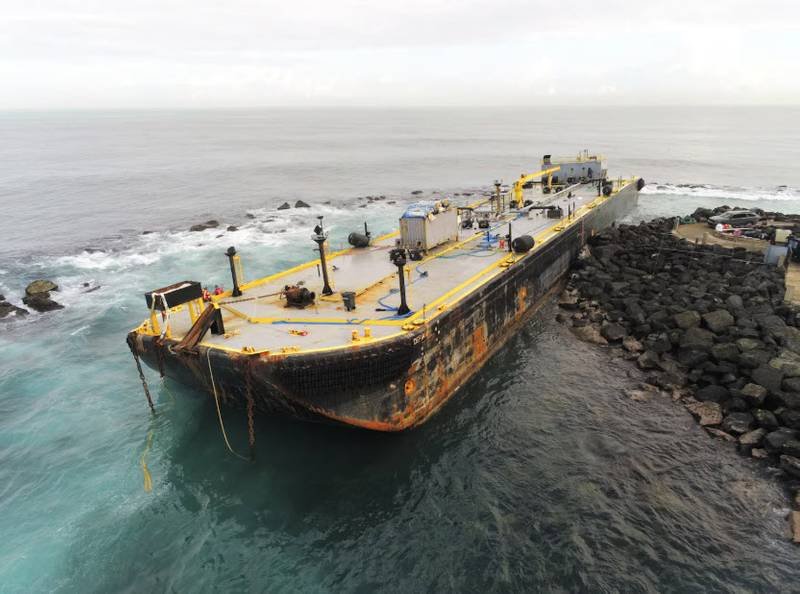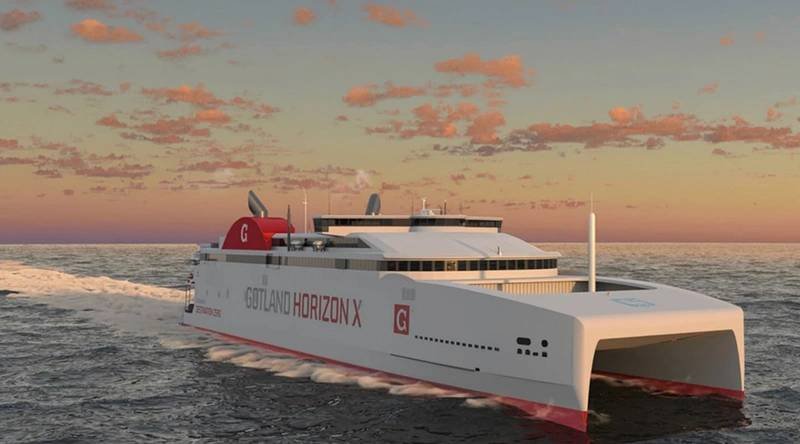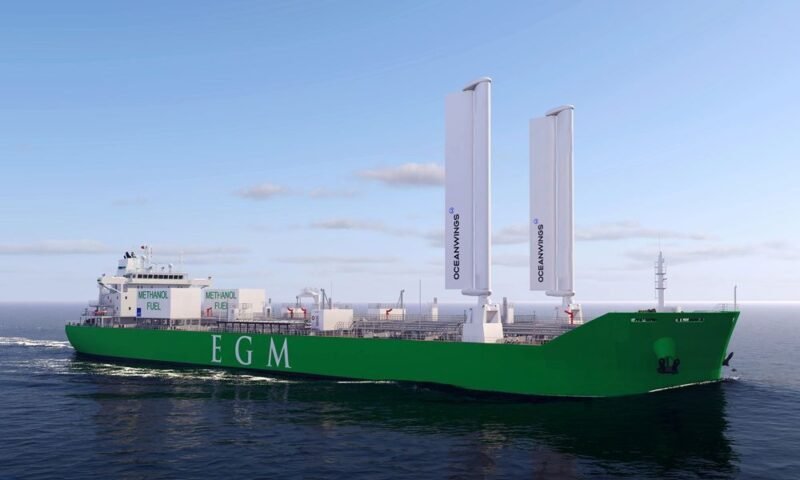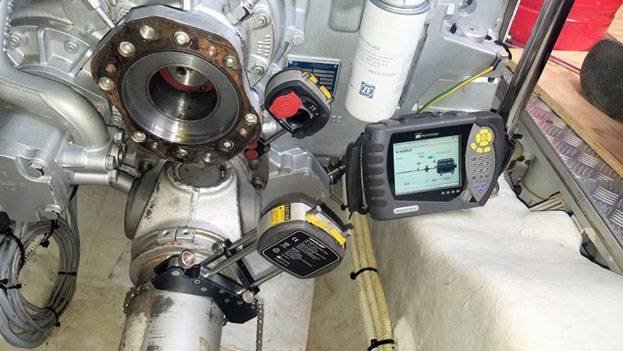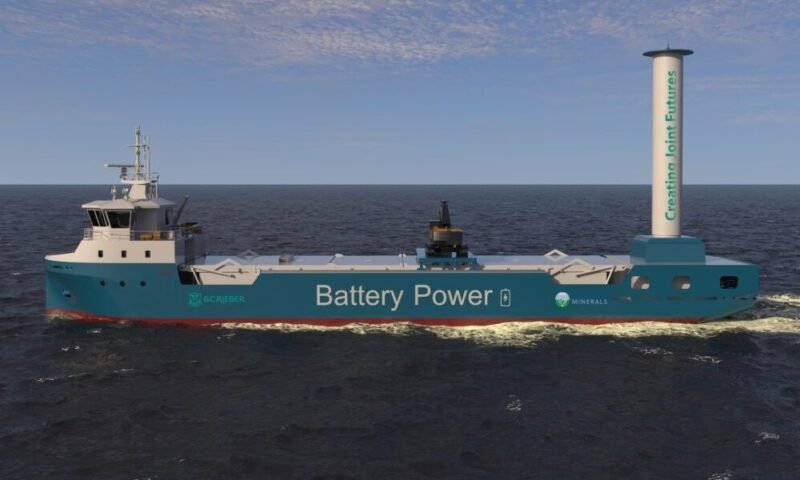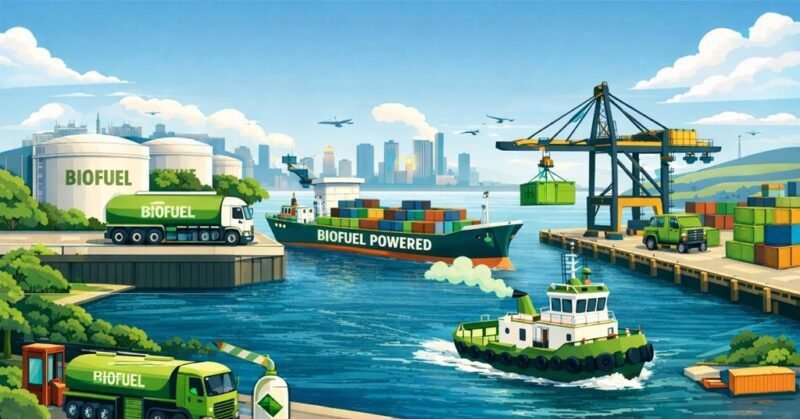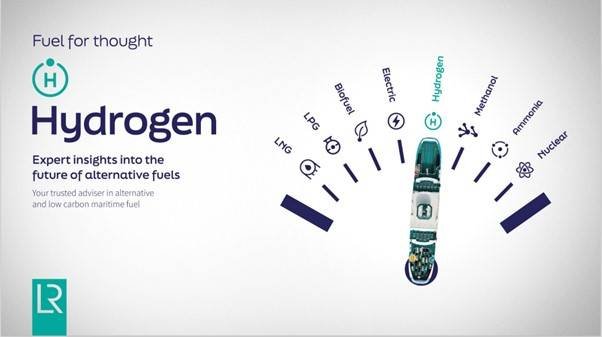Hydrogen, whether green or not, faces a major criticism for not being as energy-dense as traditional maritime fuels like marine fuel oils and diesel. This limitation is particularly significant in the context of current energy-intensive transport methods. The process of cooling or maintaining high pressures during transportation incurs storage costs, while extracting hydrogen from carriers like ammonia involves an energy penalty from breaking chemical bonds.
Despite these challenges, there is a growing need to rethink hydrogen as a maritime fuel. The potential environmental benefits of using hydrogen, such as reducing greenhouse gas emissions, are driving interest in finding solutions to overcome its energy density limitations. This shift towards cleaner energy sources is crucial for the maritime industry to meet sustainability goals and comply with increasingly stringent environmental regulations.
Innovations in hydrogen technology are underway to address these issues. Researchers and industry experts are exploring ways to improve the energy density of hydrogen, making it a more viable option for maritime use. By finding efficient methods for storing and transporting hydrogen, as well as developing advanced technologies for extracting it from carriers like ammonia, the potential for hydrogen as a sustainable maritime fuel is becoming more promising.
As the maritime industry continues to seek alternative fuels to reduce its environmental impact, the rethinking of hydrogen as a viable option is gaining traction. While challenges remain in terms of energy density and storage, ongoing research and development efforts are focused on finding solutions to make hydrogen a competitive and sustainable choice for powering ships in the future.
Share it now







